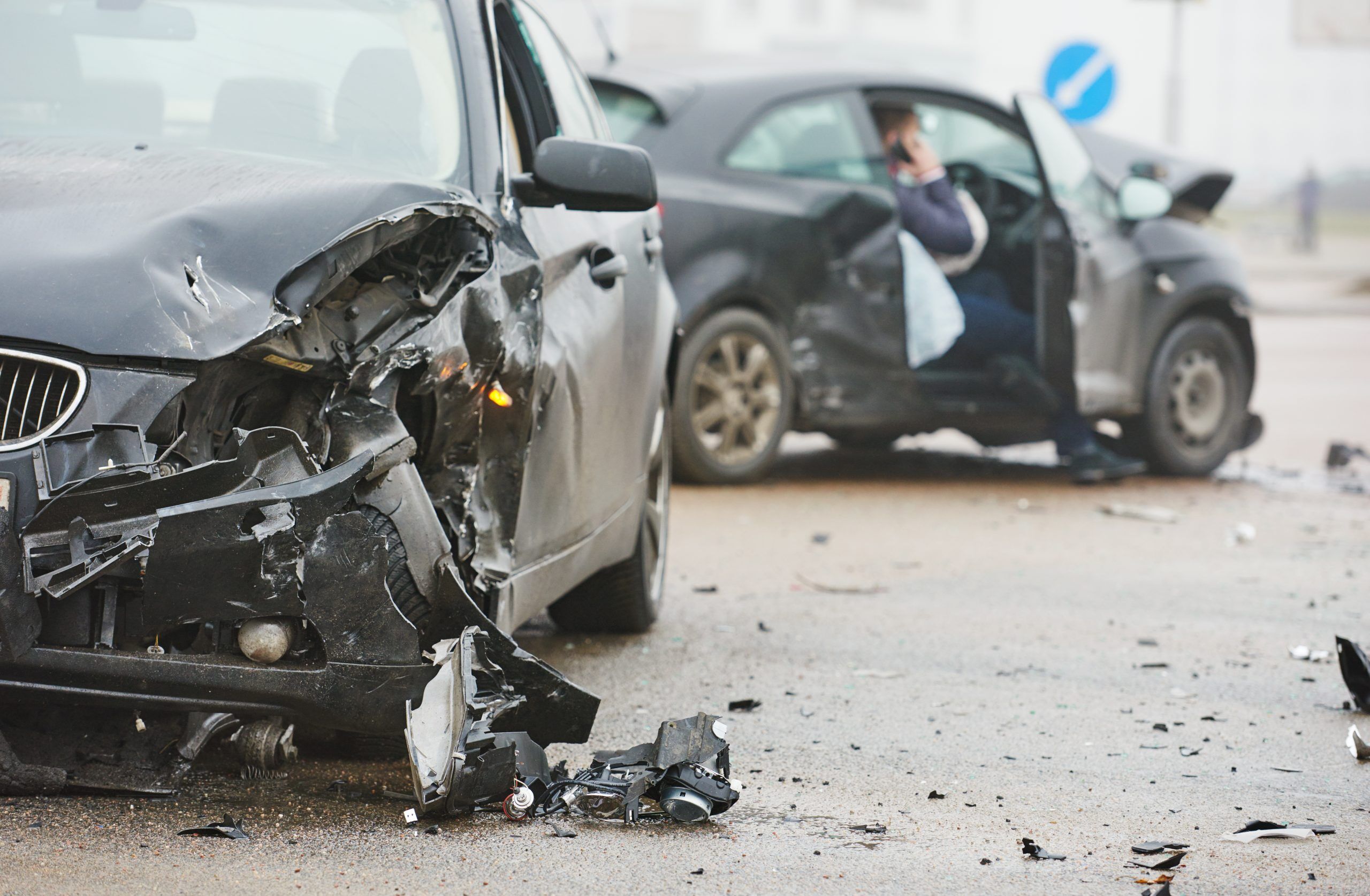Accidents can happen in the blink of an eye, transforming an ordinary day into a chaotic and distressing experience. Knowing what information to gather at the scene of an accident is crucial not only for your peace of mind but also for legal and insurance purposes. Understanding these details can significantly influence the outcome of any claims or legal proceedings that may follow. In this comprehensive guide, we will delve into all aspects surrounding accident documentation, ensuring that you are well-informed and prepared.
Understanding the Importance of Gathering Information
Why Is It Essential to Collect Information?
When accidents occur, emotions run high. Amidst the panic, gathering pertinent information becomes vital. It serves several purposes:
- Legal Implications: Proper documentation can protect your rights if you decide to pursue legal action. Insurance Claims: Insurance companies require specific details to process claims efficiently. Safety Concerns: Understanding what happened can prevent future accidents.
The Role of Legal Advisors
Consulting with experienced professionals such as Moseley Collins Law Los Angeles car accident lawyers can offer invaluable guidance on what information is necessary. Their expertise ensures that you collect everything required for potential litigation or settlement discussions.
What Information Should You Gather at the Scene of an Accident?
1. Personal Information of Involved Parties
Gathering personal information from all parties involved is one of the first steps you should take. This includes:
- Full names Addresses Phone numbers Driver's license numbers License plate numbers
2. Insurance Details
Collecting insurance information is equally essential:
- Name of the insurance provider Policy number Contact information
This data will be crucial when filing a claim with your insurance company or pursuing compensation from another party.
3. Witness Statements
Witnesses can provide unbiased accounts that support your case. Ensure to gather:
- Names and contact information A brief statement regarding what they saw
Being able to present third-party testimony can reinforce your position in negotiations or court.
4. Photographic Evidence
Visual evidence is powerful http://passenger-injuries-tips-fact-sheet.raidersfanteamshop.com/your-rights-as-a-passenger-after-a-car-accident-in-la-explained-by-injury-lawyers in substantiating claims:
- Take clear photos of vehicles involved Capture images showing road conditions and signage Document any visible injuries
These images will serve as critical evidence during legal proceedings or insurance claims.
5. Police Report
If law enforcement responds to the scene, obtaining a police report is crucial:
- Request the officer’s name and badge number Ask how to obtain a copy of the report later
The police report often contains objective facts about what transpired, which can be beneficial for both insurance and legal processes.
Navigating Post-Accident Procedures
6. Seeking Medical Attention
Regardless of how minor your injuries may seem, it’s wise to seek medical attention promptly:
- Document any medical evaluations or treatments received.
Even if you're unsure about injuries immediately after an accident, symptoms may manifest later on.
7. Documenting Your Account
After gathering initial information, it's essential to document your own account while memories are fresh:
Write down everything you remember about the incident. Include details like time, weather conditions, and road conditions.This personal record helps establish a timeline and context for events.
Legal Considerations After Collecting Information
8. When to Contact an Attorney?
If you suffered injuries or significant property damage, consider contacting a Los Angeles accident attorney immediately:
Why consult a lawyer?
Engaging with expert legal counsel ensures that your rights are protected throughout the process.
Common Mistakes When Gathering Accident Information
9. Failing to Collect All Necessary Data
It's easy to overlook critical information in stressful situations; however, being thorough is key:
Don't just focus on drivers—ensure you get witness statements too. Forgetting details about vehicle damages could impact insurance claims negatively.10. Not Taking Photos Immediately
Sometimes people forget this step due to adrenaline rushes post-collision:
Why should you prioritize photography?
Photos capture real-time evidence that might get altered later due to traffic movements or environmental changes.
What If You’re Unable to Gather Information?
11. Seeking Help from Bystanders
If you're unable to collect necessary data due to injury or shock, asking bystanders for help could be beneficial:
How can they assist?
They may have already gathered important information or witnessed critical moments during the incident.
The Role of Insurance Companies in Accidents
12. Reporting Accidents Promptly
Most insurance policies require prompt reporting after an accident occurs—failure to do so could jeopardize coverage options:
What details do I need when reporting?
Prepare all collected data before making this call for efficient processing.
FAQs About Gathering Information at Accident Scenes
1. What should I do first after an accident?
Immediately check for injuries and ensure safety before collecting information from other parties and witnesses.
2. How do I know if I need a lawyer?
If there are serious injuries or disputes over fault, it’s advisable to contact a Los Angeles auto accident law firm for guidance.
3. Can I still gather information if I feel injured?
Yes! Even if you're feeling pain, try collecting as much info as possible—your health comes first but documenting evidence early helps later on.
4. What if the other driver refuses to share their information?
Stay calm; note their license plate number and report this behavior when filing a police report.
5. Is it necessary to involve law enforcement?
In many cases—especially where injuries occur—it's wise (and sometimes legally required) to involve police right away.
6. How does photographic evidence help my case?
Images serve as undeniable proof during negotiations with insurers or courtroom battles—they depict circumstances clearly without bias!
Conclusion
In conclusion, knowing what information should you gather at the scene of an accident equips you with tools necessary for navigating post-collision challenges effectively—from handling insurance claims through working alongside seasoned professionals like Moseley Collins Law Los Angeles motorcycle accident lawyers. Being proactive ensures that your rights remain protected while minimizing stress during difficult times following such incidents!

By following these guidelines, you'll not only safeguard yourself but also streamline processes related directly tied into recovery efforts ahead!
To sum up our extensive discussion around gathering vital data after automobile collisions—always remember: preparation leads towards smoother resolutions down-the-line!